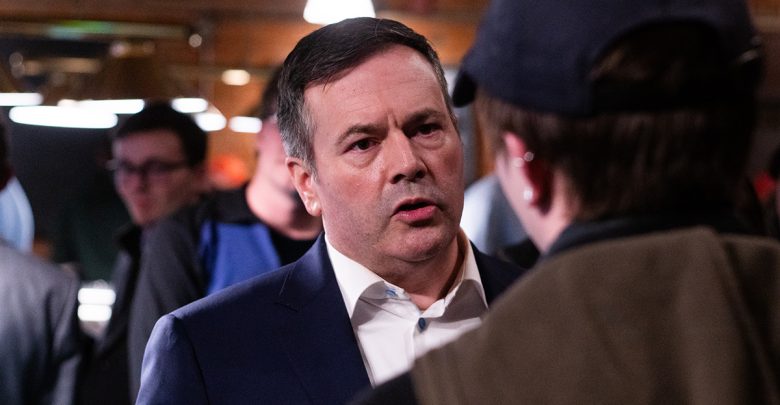 Richard Bagan
Richard BaganThere is a growing sense of optimism among Canadian political pundits. After the failed leadership of Andrew Scheer, whose loss is often attributed to his social conservative convictions, some believe that the Conservative Party of Canada will abandon their more reactionary factions and embrace a more moderate, centrist leader. However, when examining the state of Canadian conservativism, there is little reason to have hope.
Many have embraced the idea of a more progressive leader, with former politicians Rona Ambrose, Peter MacKay, and Jean Charest all being proposed as potential options. But recent events don’t demonstrate a conservative movement inclined towards adopting a more centrist ideology. In many liberal democracies, conservatives are embracing populism, where politicians pit a united “common people” against “the establishment” of parties and elites, often along axes that are gendered and racialized.
We see numerous global examples of right-wing populists in the forms of Donald Trump, Boris Johnson, Mateusz Morawiecki, and other similar figures. However, many assume that Canadian multiculturalism renders our country immune from the divisive populism which has affected other countries.
Yet, the sad reality is that Canada is not immune to populism; in fact, Canadian conservativism has already accepted it in many forms.
One needs only examine recent conservative victories within Canada to come to this conclusion; specifically, those of Doug Ford and Jason Kenney, who are often cited as fundamental leaders of Canadian conservatism.
Elected in 2018, Ford has consistently evoked populist rhetoric throughout his political career. Both in his role as Ontario premier and as a Toronto city councillor, Ford has antagonized and disparaged anyone he considered his opponent, including other politicians, the media, and even independent commissioners.
Similar trends can be seen when examining Kenney’s rise to the premiership in Alberta. A former cabinet minister in Stephen Harper’s government, Kenney espoused populist sentiments during the 2019 Alberta election, often pitting frustrated Westerners against the Liberal elites in Ottawa.
Judging by the success of populist conservatism in different provincial contexts, it’s clear that multiculturalism doesn’t shield us from the populist potential which captured conservative movements throughout Western democracies. The conditions which motivate Canadians to support right-wing populists are uncertain, but there are many hypotheses. Most theories frame the rise of populism as a response to income inequality, changing economic conditions, and changing social conditions. Marginalized populations are gaining access to more economic, social, and political opportunities, while those privileged suffer from a perceived loss of status.
Unfortunately, instead of directly addressing the issues that fuel anxieties among Canadians, right-wing populism merely seeks to channel these anxieties by promising to bring back the old status quo; that, if we’re able to overcome these “elites” that are ruining our society, we will be able to regain economic security, that we won’t have to worry about the climate crisis, and that old systems of privilege will be re-established.
These promises are not sustainable in the long-term, and do more damage than good. By antagonizing and blaming these “elites,” populist conservatives are merely dividing Canadians, often in a manner that doesn’t solve the pressing issues facing us. This leaves those at the margins of society most vulnerable. But considering the increasing number of populists within the Conservative base, successful Conservative politicians are likely to trade in these damaging promises in exchange for electoral success.
As such, the Conservative leadership race is unlikely to produce the modern, centrist leader that operatives have been dreaming about. Instead, the Conservative Party of Canada is much more likely to elect a figure that will bring populism to federal politics, even if it’s at the expense of marginalized Canadians.




